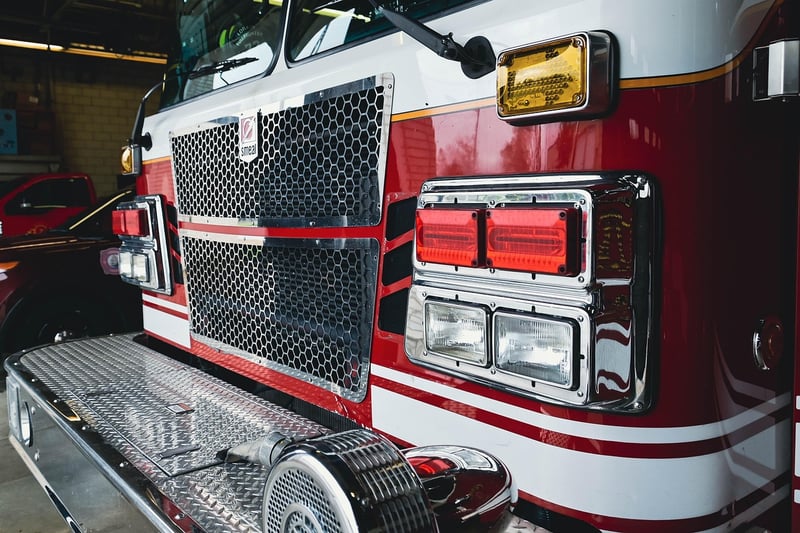Emergency Procedures
Stay Informed and Prepared: Emergency Procedures
Emergencies can happen at any time, and being prepared is key to ensuring your safety and the safety of those around you. Whether it's a natural disaster, a medical emergency, or any other unexpected event, knowing what to do can make a significant difference. Here are some essential emergency procedures to keep in mind:
1. Create an Emergency Plan
Develop a comprehensive emergency plan for your household or workplace. Include evacuation routes, emergency contacts, meeting points, and a communication strategy. Make sure everyone is familiar with the plan and practices it regularly.
2. Stay Informed
Stay informed about potential hazards in your area, such as severe weather alerts, industrial accidents, or public health emergencies. Sign up for emergency alerts from local authorities and have a battery-powered radio for updates in case of power outages.
3. Build an Emergency Kit
Prepare an emergency kit with essential supplies like food, water, medications, first aid supplies, flashlight, batteries, and important documents. Keep the kit in a designated, easily accessible location.
4. Know Basic First Aid
Learn basic first aid techniques like CPR, wound care, and how to help someone who is choking. Being able to provide immediate assistance can save lives in emergency situations.
5. Evacuation Procedures
Familiarize yourself with evacuation procedures specific to your location, whether it's at home, work, or in public spaces. Know the nearest exits and assembly points and practice evacuation drills regularly.
6. Stay Calm and Help Others
In stressful situations, it's essential to stay calm and focused. Help those who may need assistance, especially children, elderly individuals, or people with disabilities. Work together as a community to ensure everyone's safety.
By staying informed, prepared, and knowing the right procedures, you can effectively respond to emergencies and protect yourself and others. Remember, being proactive and practicing emergency protocols can make a significant difference when unexpected events occur.

Stay safe, stay informed, and be prepared!
